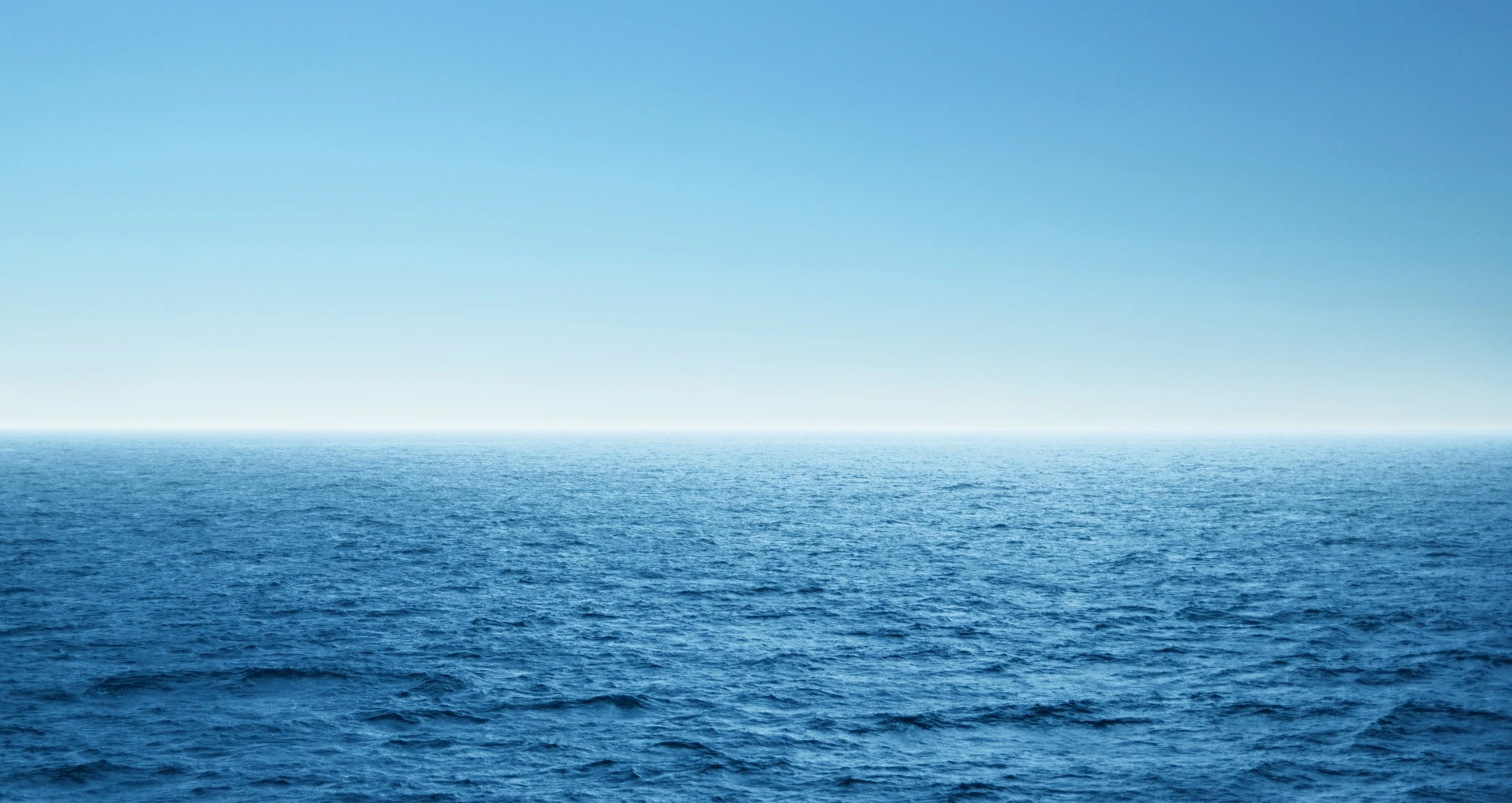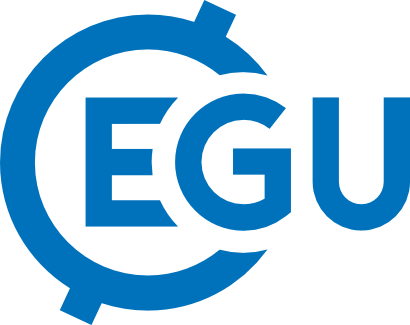The EGU General Assembly 27 April–2 May 2025 brings together geoscientists from all over the world to one meeting covering all disciplines of the Earth, planetary, and space sciences. The EGU aims to provide a forum where scientists can present their work and discuss their ideas with experts in all fields of geoscience.
Members of the GEORGE consortium will be present at the EGU. Please find a list of presentations from GEORGE partners below. The list is subject to change – please see the EGU website for up-to-date details.
GEORGE will also be present at the ENVRI booth (Booths 64 and 65), prominently located at the entrance to the conference venue. The booths will serve as a hub for showcasing the capabilities and contributions of Environmental Research Infrastructures, presenting projects and engaging with the geoscience community through discussions, materials, presentations, and activities. Read more about the ENVRI booth here.
GEORGE partners at EGU 2025
Oral presentation | Monday, 28 Apr, 10:50–11:00 (CEST) Room 2.24
GEORGE –scientific success-story about the collaboration between three European Research Infrastructure Consortiums (ICOS, EMSO and EURO-ARGO) developing novel tools for observational gaps and future needs.
Janne-Markus Rintala1,Socratis Loucaides2,Matt Mowlem3,Laurent Coppola4,Edouard Leymarie5,Ute Schuster6,Tobias Steinhoff7,Simo Cusi8,Richard Sanders9,Ingrid Puillat8,Nadine Lanteri10,Maria Luhtaniemi1,Yann-Hervé de Roeck11,Tomi Männistö12,Nea Pirttinen12,and Werner Kutsch1
Climate Change is the biggest environmental challenge of the 21st century. Novel sensors are needed to improve our understanding of carbonate chemistry and a concerted scientific effort to compile different requirements, such as needs to know how the carbon observations measured from various parts of the oceans differs. ICOS, EURO-ARGO and EMSO ERICs are all open and accessible world-class sustainable research infrastructures, with enhanced international cooperation that are crucial to foster innovation in the field which have joined their forces together to improve ocean carbon observations.
We will present an overview of the current progress of the GEORGE-project. We will also open discussion about some of the key concerns about the foreseeable long-term future concerns and challenges, such as the data integration, and sustainable funding of the measurement stations which will hinder the integration and implementation of these developed technologies to be an elemental part of the existing observational networks.
Read the full abstract and see more details here.
Lunch Talk at ENVRI Community Booth (Booths 64 & 65) | Thursday 1 May, 12:45-12.55
“GEORGE – Next Generation Technologies for Ocean Observations” by Janne-Markus Rintala, Project Coordinator
Presentation on the key technology innovations and training opportunities for RI professionals
See the full list of Lunch Talks here.
Poster presentation EGU25-19623 | Posters on site | OS4.6
Tailor a comprehensive design of OneArgo for its European implementation
Yann-Hervé De Roeck, Claire Gourcuff, Alan Berry, Fiona Carse, Dimitris Kassis, Birgit Klein, Kjell Arne Mork, Giulio Notarstefano, Simo-Matti Siiriä, Violeta Slabakova, Colin Stedmon, Andreas Sterl, Virginie Thierry, Pedro Vélez Belchí, and Waldemar Walczowski
Fri, 02 May, 08:30–10:15 (CEST) Hall X4 | X4.79
The ocean plays a key role in the climate system, and therefore in the climate change threat. About 90% of the heat excess absorbed since the 1970’s is stored in the ocean and changes in the hydrological cycle related to climate change are also strongly manifested in the ocean. In addition, the ocean acts as a net anthropogenic carbon sink, presently assessed as one fourth of the global uptake, and a moderator of climate change. It is therefore of paramount importance to monitor key ocean properties over long periods, with a global coverage.
Argo has transformed the way of ocean observing in the last decades and is the most important source of in situ marine data. As a major component of both the Global Ocean Observing System and the Global Climate Observing System, it provides near-real time data for forecasting and reanalysis services and high-quality data for climate research. Its implementation began in 1999, reaching a global coverage since 2007 (Roemmich et al. 2009). Originally designed to provide temperature and salinity profiles in the upper 2 000 m of the ice-free ocean (Core-Argo mission), the array has been expanded into seasonal ice zones (Polar-Argo mission), as well as in marginal seas. Successful pilot studies have shown the scientific added-value and the technology readiness to extend its mission towards greater depths (Deep-Argo mission) and biogeochemistry (BGC-Argo mission), hence the new “Global, full depth, multidisciplinary” OneArgo design defined after the OceanObs’19 Conference (Roemmich et al. 2019), aiming for a full implementation by 2030.
Read the full abstract and see more details here.
1- EMSO at the booths for Environmental Research Infrastructures – ENVRI
EMSO will be visible at Booths 64 and 65, prominently located at the entrance to the conference venue. The booths will serve as a hub for showcasing the capabilities and contributions of Environmental Research Infrastructures, presenting projects and engaging with the geoscience community through discussions, materials, presentations, and activities.
When and where: Lunch Talk | May 1 , 13:15-13:25 | ENVRI booth (Booths 64 and 65)
What: EMSO Academy: Advancing Marine Science Expertise
From summer school to training, the EMSO opportunities for enhancing skills in marine science
Read more about the ENVRI booth here.
Please find below a list of the key sessions and presentations involving the EMSO consortium.
2- EMSO in Session ITS1.17/ESSI4.1
Inter- and Transdisciplinary Studies of the Geosphere: challenges and new perspectives
Convener: Fabrice Cotton | Co-conveners: Federica Tanlongo, Ingrid Puillat, Klaus Tobias Mosbacher, Lilli Freda
The advancement of Open Science and the affordability of computing services allow for the discovery and processing of large amounts of information, boosting data integration from diverse scientific domains and blurring traditional discipline boundaries. However, data are often heterogeneous in format and provenance, and the capacity to combine them and extract new knowledge to address scientific and societal problems relies on standardisation, integration and interoperability.
Key enablers of the OS paradigm are ESFRI Research infrastructures, of which ECCSEL (www.eccsel.org), EMSO (https://emso.eu/) and EPOS (www.epos-eu.org), are examples currently enhancing FAIRness and integration within the Geo-INQUIRE project. Thanks to decades of work in data standardisation, integration and interoperability, they enable scientists to combine data from different disciplines and data sources into innovative research to solve scientific and societal questions.
But while data-driven science is ripe with opportunity to groundbreaking inter- and transdisciplinary results, many challenges and barriers remain.
This session aims to foster scientific cross-fertilization exploring real-life scientific studies and research experiences from scientists and ECS in Environmental Sciences.
When and Where: | Wednesday, 30 Apr, 08:35–08:45 | Room 2.24
What: Oral presentation: Cross-fertilization across research infrastructures within Geo-INQUIRE: plans, ongoing activities and future perspectives
Angelo Strollo, Fabrice Cotton, Mateus Litwin Prestes, Elif Türker, Stefanie Weege, Arnau Folch, Carmela Freda, Kety Giuliacci, Enoc Martinez, Aljaz Maslo, Klaus Tobias Mosbacher, Sven Peter Näsholm, and Ingrid Puillat and the Geo-INQUIRE project management board
When and Where: | Wednesday, 30 Apr, 10:45–12:30 | Hall X4
What: Posters on site: Chairpersons: Ingrid Puillat, Federica Tanlongo
X4.64|EGU25-9291
Otto Lange, Laurens Samshuijzen, Enoc Martínez, Stefano Rapisarda, Javier Quinteros, Helle Pedersen, Angelo Strollo, Carine Bruyninx, Florian Haslinger, Marc Urvois, Laurentiu Danciu, and Anna Miglio
3- EMSO at the ENVRINNOV Innovation training – session 1
Convener: Ariane Dubost | Co-convener: Valentina Tegas
Wednesday, 30 Apr, 08:30–12:30 (CEST) |Room 2.61
The Horizon Europe-funded project “ENVRINNOV – ENVironment Research Infrastructures Innovation Roadmap,” is working towards developing a common Innovation Roadmap for the environmental research infrastructures (ENVRIs) community. As part of the project, a series of capacity building sessions is being developed to promote collaboration and establish a shared understanding of Innovation concepts and processes in the ENVRI community, including on Technology Development, Technology Transfer, and Industrial Approach.
The first session will take place during EGU and aims to:
– Provide a general introduction to the concept of innovation in the context of ENVRIs, and how it can benefit RIs and the ecosystem.
– Demonstrate how the ENVRINNOV project can support ENVRIs in their innovation process.
– Explore ways of enhancing communication and collaboration between ENVRIs and the private sector as a means to accelerate innovation.


